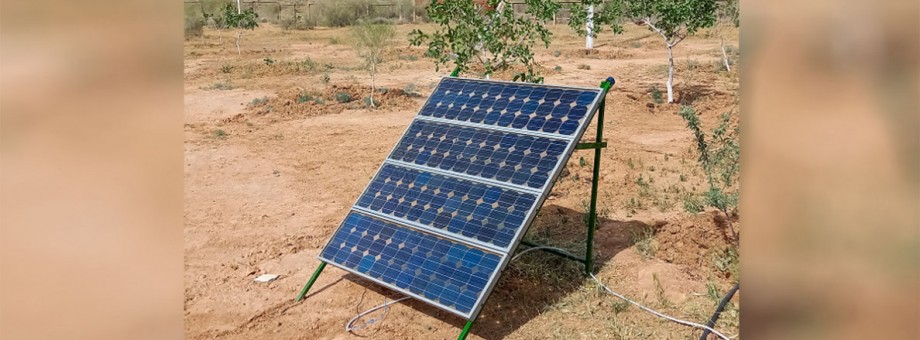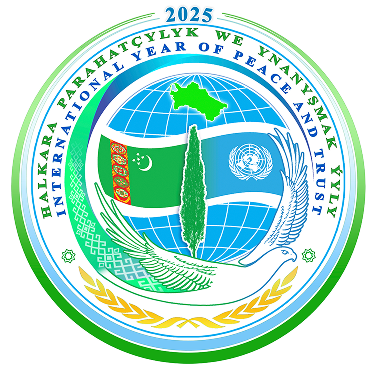TURKMEN SCIENTISTS RECEIVE EQUIPMENT FOR DETERMINING EFFECTIVE METHODS OF FIXATION OF SHIFTING SANDS

Scientists of the Karrykul hospital of the National Institute of Deserts, Flora and Fauna of the Ministry of Agriculture and Environmental Protection of Turkmenistan, who observe natural phenomena and conduct scientific and experimental research, received a powerful electric generator and a photoelectric mounting.
This equipment will help them taking care of thousands of seedlings of various species of desert plants. It will also be used to determine effective methods for fixing shifting sands, including through phytomelioration.
It is envisaged to work out the technology to increase the yield of desert pastures, including artificial irrigation. The new equipment will allow raising fresh water for irrigation from deep depths.
Moreover, modern equipment will allow carrying out a number of scientific and experimental studies to determine the mechanical and mineralogical composition of sands, study samples and fractions of sand and seeds of sand plants, establish an autonomous power supply for residential buildings, laboratories, utility premises and other structures of the Karrykul station to ensure its efficient operation.
The equipment was supplied within the framework of the FAO / GEF project “Integrated Natural Resource Management in Drought and Salinization-Prone Agricultural Landscapes of Central Asia and Turkey” (CACILM-2) implemented with the Ministry of Agriculture and Environmental Protection of Turkmenistan.
Close cooperation of the FAO / GEF project with the Karrykul station will allow expanding the planting of psammophyte plants - white and black saxaul, Cherkez, Kandym, sandy acacia to fix shifting and man-made sands and increase the productivity of degraded desert pastures, create protective forest belts around wells and settlements. This planting material will be used for landscaping areas around residential buildings, office buildings and schools.
Moreover, it is planned to conduct practical exercises and train local communities in vegetative reclamation work, methods of fixing shifting sands and the technology of planting desert plants to restore degraded desert pastures at the Karrykul station. A Farmer Field School (FFS) of Turkmenistan will be also opened at the Karrykul station.


 NEWS
NEWS